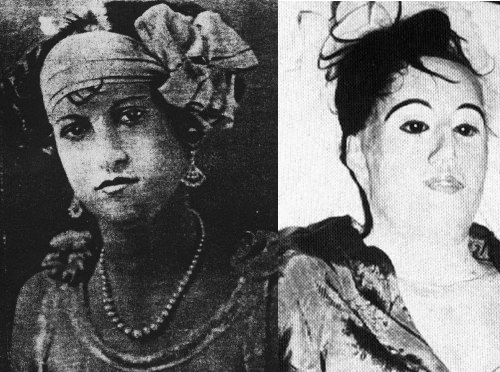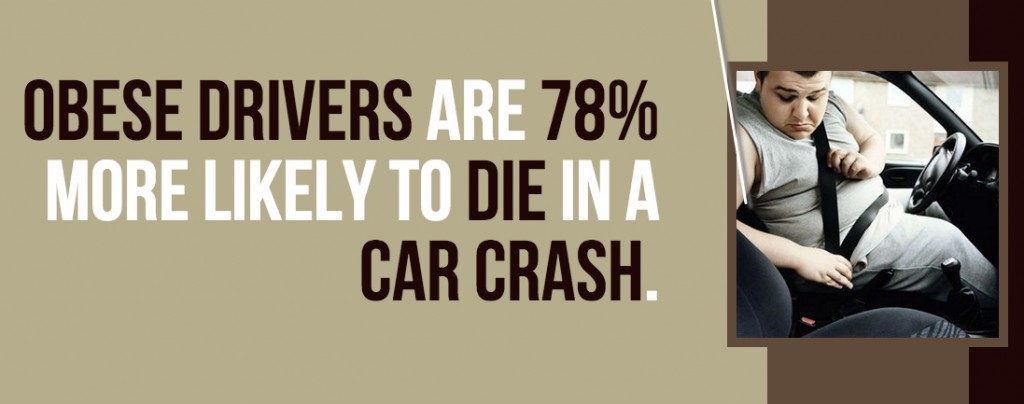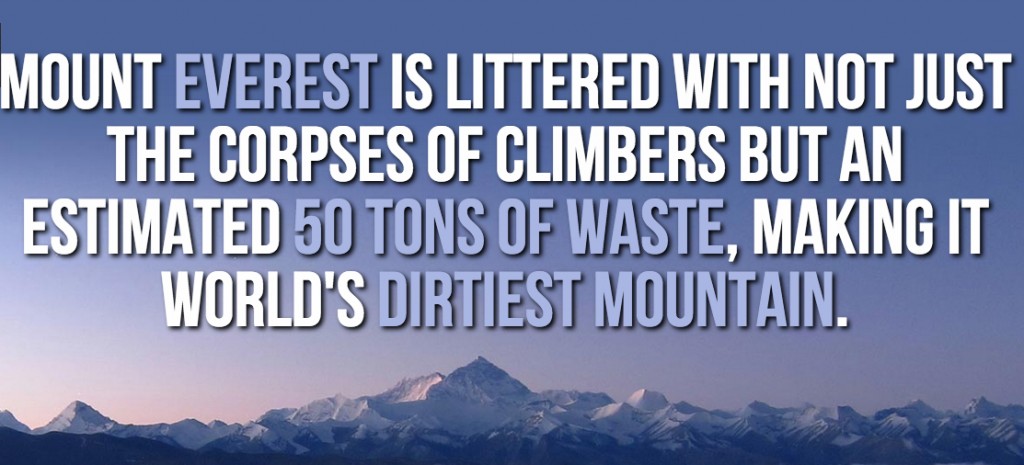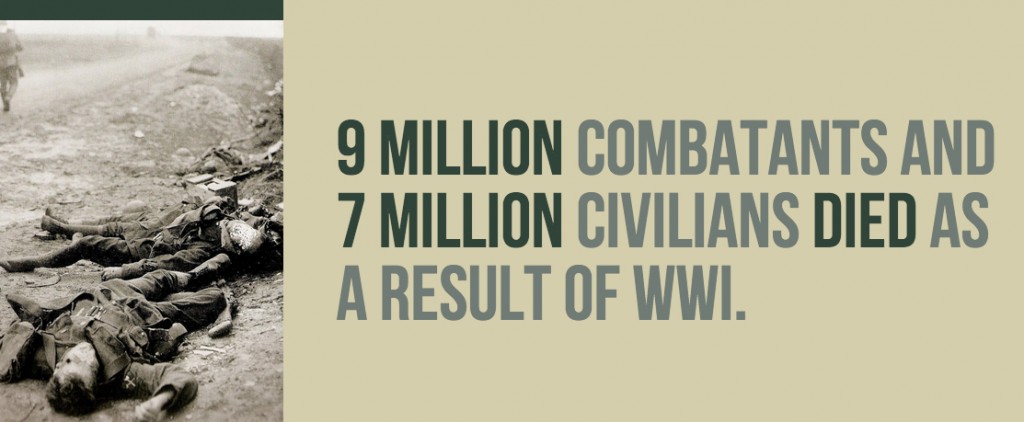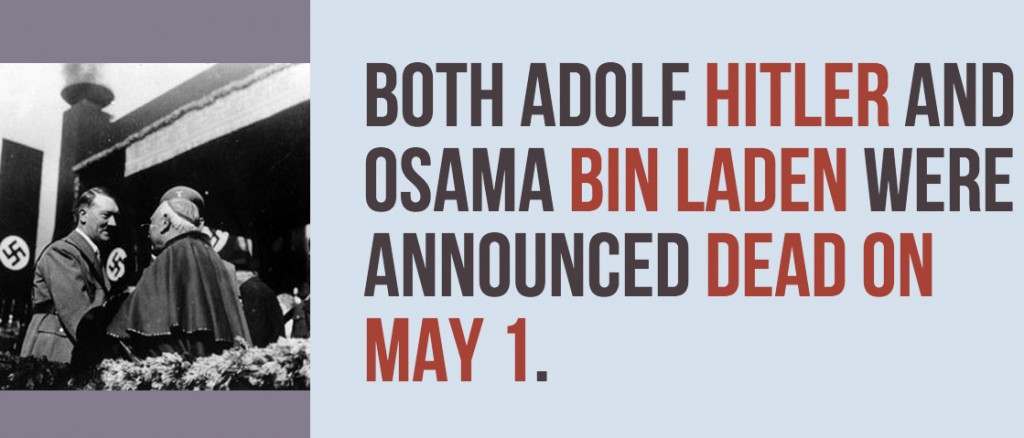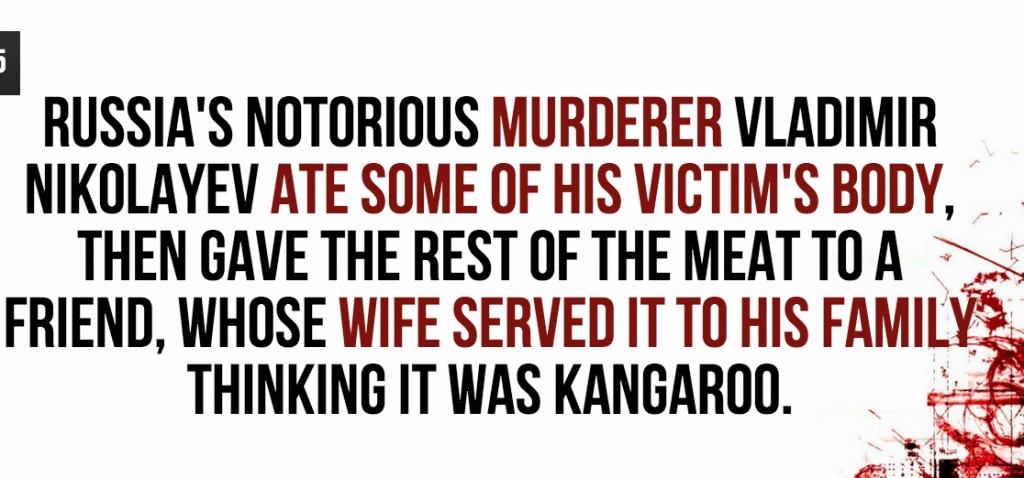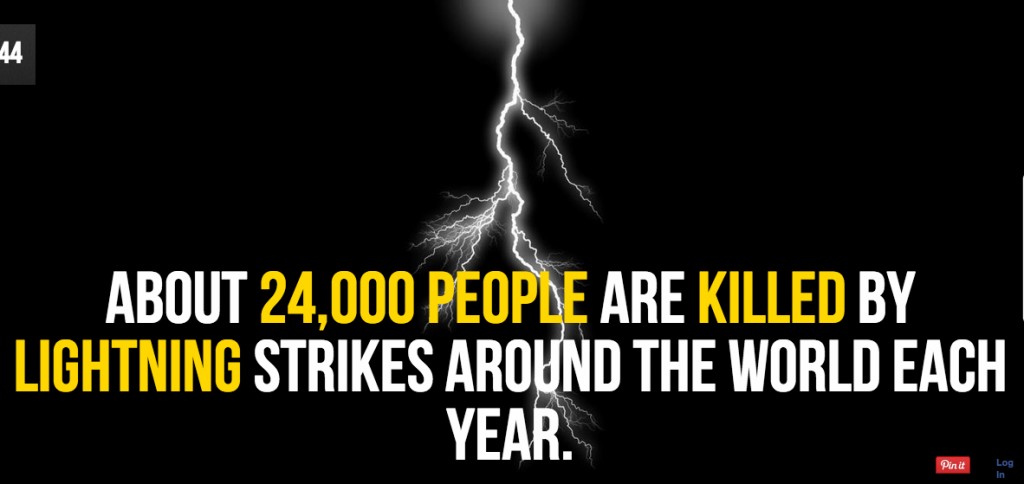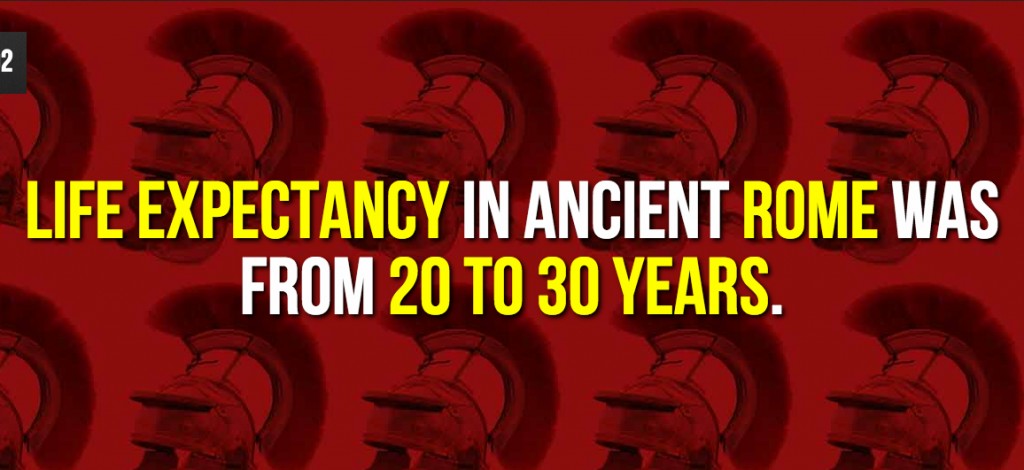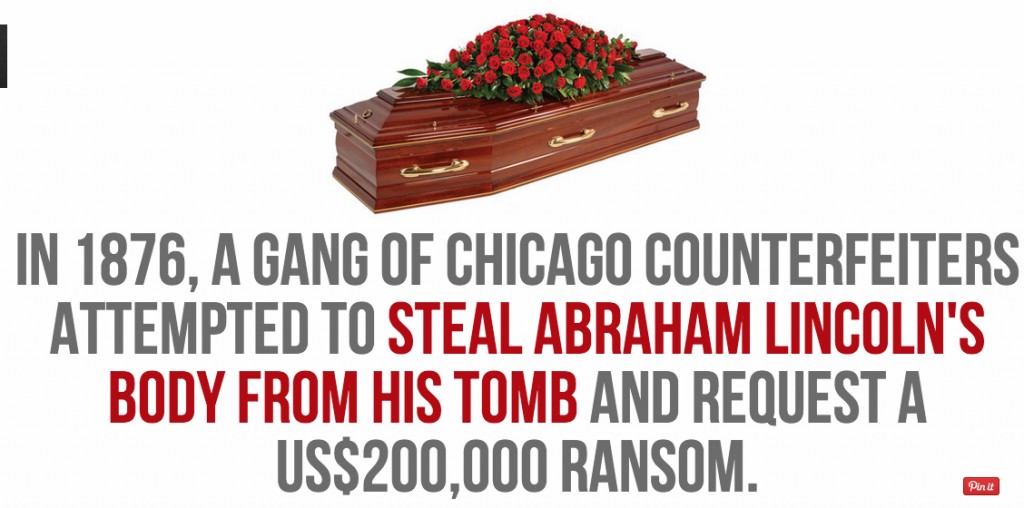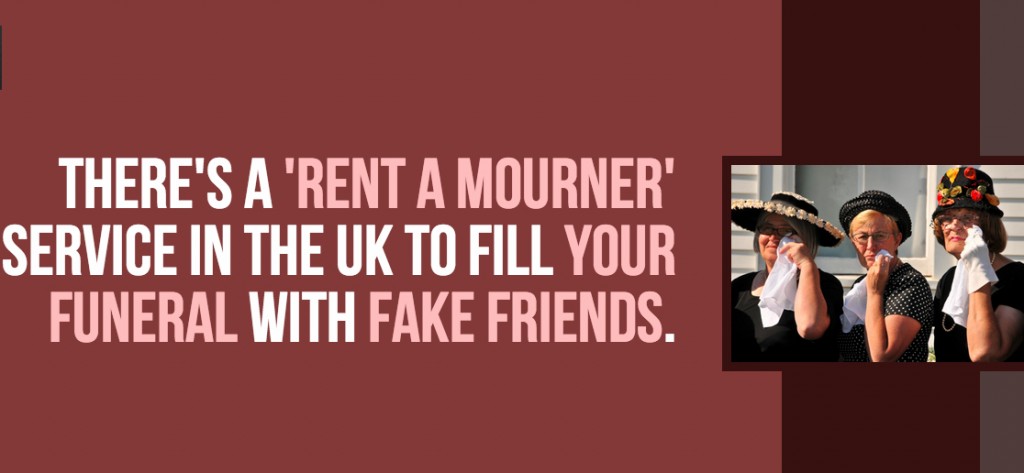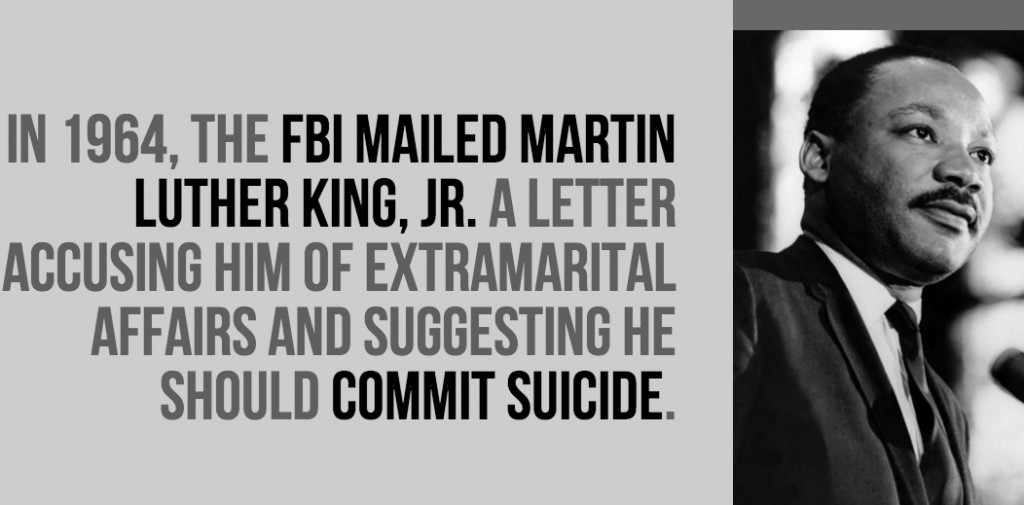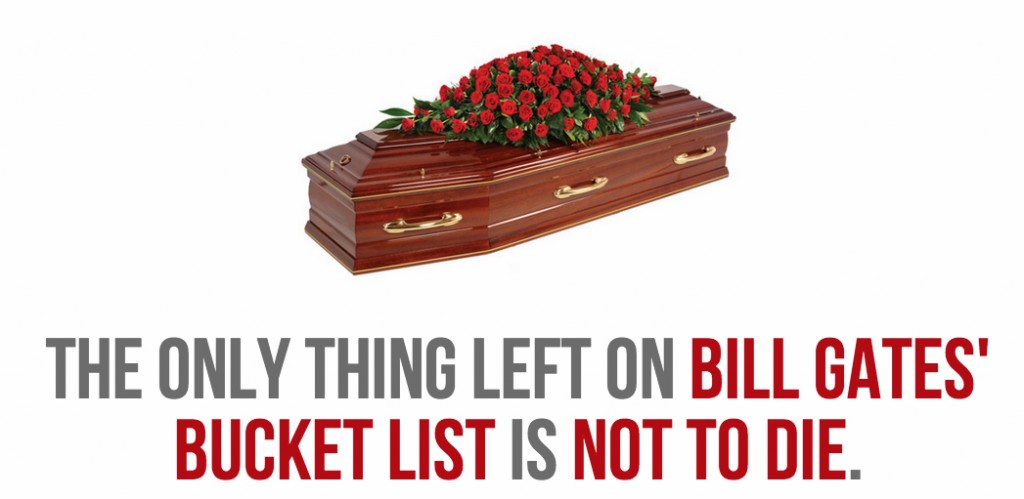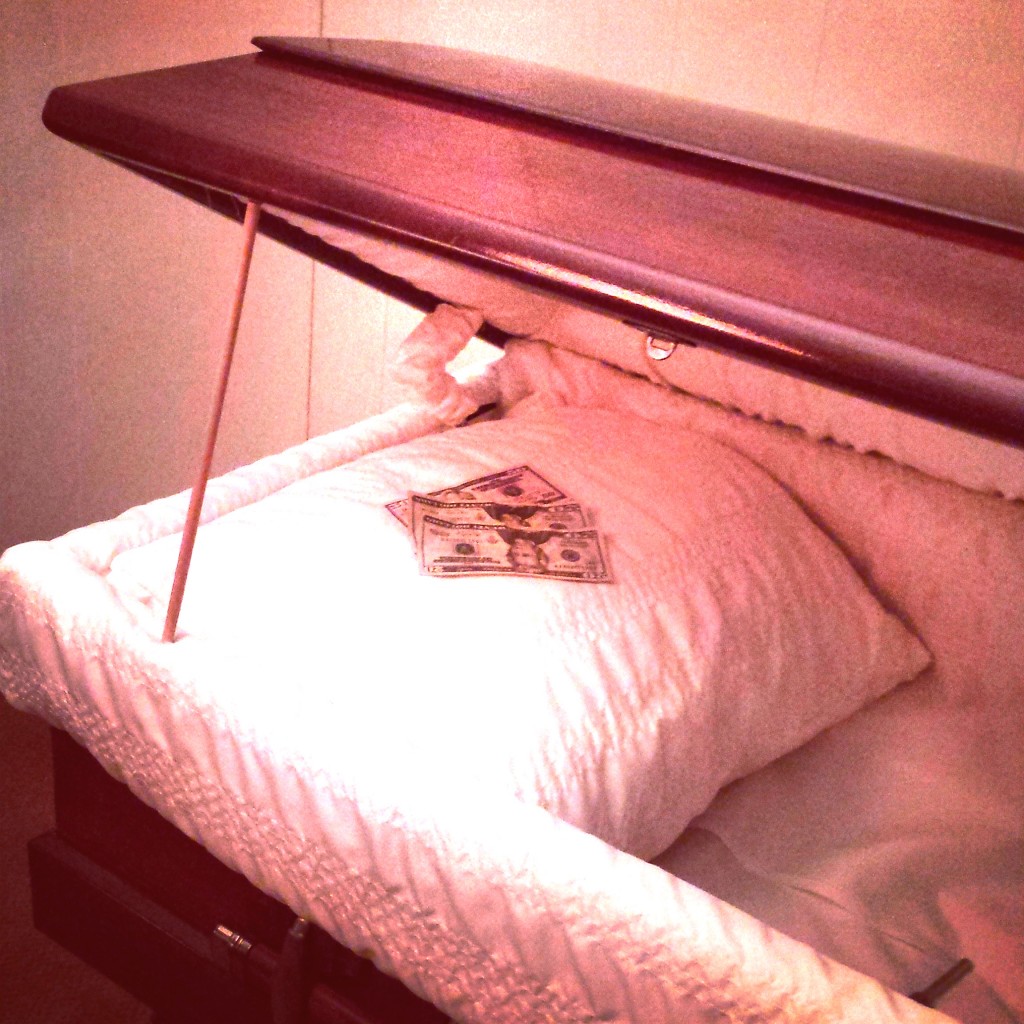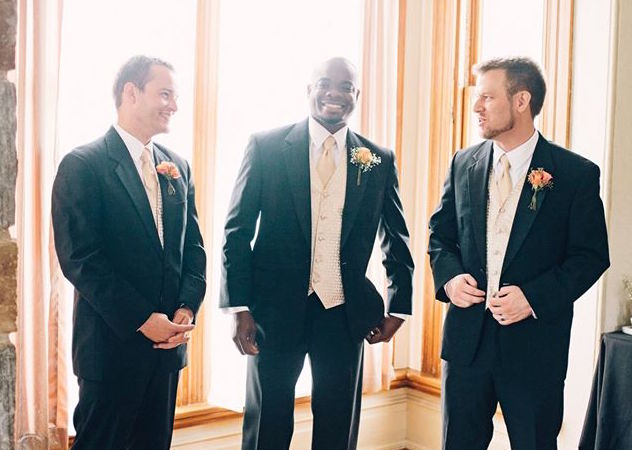Caleb Wilde
(218 comments, 980 posts)
Posts by Caleb Wilde
The Morbid Obsession of Carl Tanzler
This story is exceptionally morbid and weird:
Via Wikipedia:
Carl Tanzler, or sometimes Count Carl von Cosel (February 8, 1877 – July 3, 1952), was a German-born radiologic technologist at the United States Marine Hospital in Key West, Florida who developed a morbid obsession for a young Cuban-American tuberculosis patient, Elena Milagro “Helen” de Hoyos (July 31, 1909 – October 25, 1931), that carried on well after the disease had caused her death.[1] In 1933, almost two years after her death, Tanzler removed Hoyos’s body from its tomb, and lived with the corpse at his home for seven years until its discovery by Hoyos’s relatives and authorities in 1940.[2]
One evening in April, 1933, Tanzler crept through the cemetery where Hoyos was buried and removed her body from the mausoleum, carting it through the cemetery after dark on a toy wagon, and transporting it to his home. He reportedly said that Elena’s spirit would come to him when he would sit by her grave and serenade her corpse with a favorite Spanish song. He also said that she would often tell him to take her from the grave.[1] Tanzler attached the corpse’s bones together with wire and coat hangers, and fitted the face with glass eyes. As the skin of the corpse decomposed, Tanzler replaced it with silk cloth soaked in wax and plaster of paris. As the hair fell out of the decomposing scalp, Tanzler fashioned a wig from Hoyos’s hair that had been collected by her mother and given to Tanzler not long after her burial in 1931.[4] Tanzler filled the corpse’s abdominal and chest cavity with rags to keep the original form, dressed Hoyos’s remains in stockings, jewelry, and gloves, and kept the body in his bed. Tanzler also used copious amounts of perfume, disinfectants, and preserving agents, to mask the odor and forestall the effects of the corpse’s decomposition.[7]
In October, 1940, Elena’s sister Florinda heard rumors of Tanzler sleeping with the disinterred body of her sister, and confronted Tanzler at his home, where Hoyos’s body was eventually discovered. Florinda notified the authorities, and Tanzler was arrested and detained. Tanzler was psychiatrically examined, and found mentally competent to stand trial on the charge of “wantonly and maliciously destroying a grave and removing a body without authorization.”[1]After a preliminary hearing on October 9, 1940 at the Monroe County Courthouse in Key West, Tanzler was held to answer on the charge, but the case was eventually dropped and he was released, as the statute of limitations for the crime had expired.[1][4]
Shortly after the corpse’s discovery by authorities, Hoyos’s body was examined by physicians and pathologists, and put on public display at the Dean-Lopez Funeral Home, where it was viewed by as many as 6,800 people.[6] Hoyos’s body was eventually returned to the Key West Cemetery where the remains were buried in an unmarked grave, in a secret location, to prevent further tampering.[1]
10 Ways the Funeral Industry Can Entrap an Undertaker’s Personal Life
Every business has its pitfalls … traps that can ensnare our lives and our relationships with ourselves, our family and our friends. Here are ten traps in the funeral industry that can hurt the personal lives of its workers.
One. Perfectionism
Mistakes are always magnified by a high level of emotional intensity. If you’re not a perfectionist when you enter the funeral industry, you will be when you leave it. There’s a thousand details involved in a funeral and every one has to be right. Perfectionism isn’t bad per se; in fact, it’s a good thing for the funeral practitioner. What I struggle with is when I bring that perfectionism home to my spouse, to my son, to my friends.
Two. Lack of Boundaries
Work has never hurt me. Good work is fuel to the body and soul. And the funeral business is good work. It’s easing an otherwise impossible task for the bereaved. In fact, it’s such good work that many directors marry this business. It’s easy to marry this business.
To commit to it as your first love. It’s easy to pledge your heart to this one thing and no other.
It’s easy to let your own family take second in your priority list.
It’s easy to allow your personal life to get swallowed up by the voracious appetite of death care.
As long as you’re on call (and many of us are on call 24/7), you’re tied to the business. That’s okay. We’re here to respond to both life needs and death needs; but, the fact that it’s nearly impossible to “leave” work at work, is why it’s easy to capitulate to the funeral industry’s proposal. And once you marry this business, it’s really hard to divorce it.
Three. Psychosis.
Psychologist Carl Rogers described how he “literally lost my “self”, lost the boundaries of myself…and I became convinced (and I think with some reason) that I was going insane”. When we in human service, and death service, become pulled into the whole narrative of death and dying, we can lose ourselves. When we can’t separate our personal lives from our business life, we’ve probably gone beyond the boundaries of normalcy and into psychosis.
Four. Money, money, money, MO – NEY.
You can make money in this business. Like every business, you can make honest money and dishonest money. Unfortunately, in this business, because of the confusion of grief and the lack of price standardization, there’s opportunity to make dishonest money. Don’t sell your soul. One of the greatest regrets dying people have on their deathbed is that they worked too hard and didn’t spend more time with their family and friends.
Five. Isolation by Profession.
Death makes us different … not necessarily unique, just different. This difference creates a chasm between us and those not immersed in death. Like police, doctors, psychologist, etc. have chasms created by their professions, ours creates us into something other. And when we’re isolated by our job, sometimes it’s easy to simply disconnect to those who don’t understand us.
Six. Codependency
Most people enter the funeral industry because they love to serve others. The desire to serve/help/love is a healthy response to bereaved persons. The unhealthy side is when those service oriented people of the funeral industry use the the grief buzz of the funeral industry to satisfy their own emotional needs. People who become codependent on the funeral industry place a lower priority on their own needs, while being excessively preoccupied with the needs of others. Codependency is a trap.
Seven. Narcissism
Unfortunately, many funeral directors become narcissists (the funeral industry also has a tendency to harbor narcissists who gravitate towards the pomp and professionalism of funeral service). And while it would be easy to simply call these guys and girls “jerks”, the situation is usually more complex. For many, the tendency for funeral directors to become self-absorbed isn’t a product of nature, but of nurture. And when we give in to Narcissism, we’ll do anything to protect our image.
Eight. Pretentious Bosses and Coworkers
In addition to narcissistic funeral directors, there’s also a bunch of pretentious funeral directors (I suppose the two go hand in hand). Pretentiousness is so rampant in this industry it was even noted by FTC’s investigative report on funeral industry practices. That’s right, one of the reasons the funeral rule exists is because funeral directors pump up their image. We have a history of pretentiousness, as one of the main thrusts behind the rise of mortuary schools and the various associations at the turn of the twentieth century was to put us on the same plain as medical doctors, an attempt that is pretentious in itself.
The FTC writes, “the industry tends to promote the professional image and fight anything that would interfere with it or would … come between it and the consumer …. The more the public accepts the professional role, the less it will inquire, shop or bargain, and the greater the opportunity for high mark – ups.”
You’ll find many of the pompous “professionals” in the funeral industry and many of them can make your life a living hell.
Nine. Emotional Suppression.
We are paid to be the stable minds in the midst of unstable souls. We withhold and withhold and withhold and then … then the floodgates open, turning our normally stable personality into a blithering, sobbing mess, or creating a monster of seething anger and rage. During different occasions, I have become both the mess and the monster. The difficulty is only compounded by the fact that you just cannot make your spouse or best friend understand how raising the carotid artery of a nine-month old infant disturbs your mind.
Ten. Emotional Displacement
And we often displace our suppressed emotions on those closest to us with some kind of aggression. In an attempt to cope and find a sense of control in our uncontrolled and unpredictable world, we will often emotionally and verbally manipulate and control our family, co-workers, employees, associates and those closest to us, making us seem nearly bi-polar as we treat the grieving families that we serve with love and support and yet treat our staff and family with all the emotional turmoil that we’re feeling inside.
*****
If you’ve fallen into any of these traps (and believe me, I think we’ll all fall into at least one trap in our career), there’s always help and there’s always a way out.
Maybe I’m wrong, but I’ve noticed that the funeral industry doesn’t offer a good support system when it comes to the personal mental and physical health of its workers. When one of us falls into one of these traps, there’s rarely someone there to council you.
And maybe it’s time to change that. Maybe it’s time we start recognizing the traps of this industry.
So, if you’re trapped right now, let me encourage you: seek help. If you’re robbing your family and friends, the people you serve and yourself, it’s time to make a change.
On Being Friends with an Undertaker: 10 Things You Should Know
One. We’ll Disappoint You
I suppose every friend will disappoint you once in a while; but funeral directors will probably do it more often. We might miss your birthday party, we might have to leave in the middle of dinner.
Death has this way of keeping an untimely schedule. And as death’s minions, we’re tied to that schedule. Whether it be in the middle of the night, or in the middle of your wedding, when death calls, we have to respond.
Two. We Might Ask You to Help Us on a Death Call or on a Funeral
Every once in a while, we need some help at work. And don’t be surprised if we end up calling you. Most of my friends have helped me once or twice on a death call. One specifically (ADAM!!!) refused to help, which is fine … even though I was willing to pay him. If you don’t want to go on a death call with your funeral friend, you can use Adam’s line, “No amount of money is enough to touch a dead body.” Fair enough 🙂
Three. The Conversation Starter “What did you do today?” Isn’t a Good Question to Ask a Funeral Director
Especially around dinner. We might make you lose your appetite. Or we could just make you depressed.
Four. Keep Pursuing Us
The schedule of our work can be very rigorous. And free time can be hard to come by. Sometimes we don’t get to see our families very often and the little free time we have, we want to spend it with our partner and children. And sometimes we just have to say “no” when you invite us out to dinner or a ball game. But don’t be hurt by our “no” and please keep asking us to visit with you. Funeral directors need friends too.
Five. We Tend to Party Hard
There’s a variety of reasons funeral directors like to have fun; but probably one of the main reasons is that death has made us realize the fleeting nature of life. And some of us (like myself) don’t naturally fit into the dress suit and tie persona; so when we’re out of the suit and tie, we let our hair down.
Six. Unicorns
Every single funeral director in the entire world loves unicorns. So if you don’t know what to get us for Christmas or our birthday, buy us a unicorn.
Seven. It’s Okay If We’re Slightly Depressed
If you’re hanging out with a funeral director and you notice they’re down, it’s not a reflection on you. Most of the time we are the stable minds in the midst of the bereaved unstable souls. But sometimes — whether it be the death of a child, or a particularly tragic death — our job throws us down.
Eight. We Tend to be Givers
The nature of our business is service. And many of us enter and stay in this business because we enjoy serving. This “servant hearted” nature bleeds out to our family and friends. We like to give things, whether it be paying for your meal, or giving nice Christmas gifts, or nice cards. Accept our gifts. It might be hard. But gifts and service is how we show you our love.
Nine. Yes, We Might Have a Morbid Sense of Humor
We’re notorious for having an odd sense of humor. So be forewarned.
Ten. We Need You.
Our family and friends are our life. Literally. Our jobs are dark and at times depressing. You are the light that gives us life. And in a job that consumes so much of us, if we’ve invested in you it means that we really value you. Sometimes, you — our friends and family — are the only thing that keep us grounded. Even though it might be hard for us to show it, we not only love you, but we need you in our lives.
For Six Months a Family in Canada Attempted to Resurrect Their Dead Husband and Father
In the Gospel according to Matthew, chapter 10, Jesus says to his twelve disciples, “And as you go, preach, saying, ‘The kingdom of heaven is at hand.’ “Heal the sick, raise the dead, cleanse the lepers, cast out demons. Freely you received, freely give.”
Few Christians read Jesus’ command to “raise the dead” as something applicable to present day contexts. But there’s always the exceptions.
For instance, there’s these guys: “The Dead Raising Team”, who attempt to literally apply Jesus’ command in Matthew 10. This is a screenshot of “The Dead Raising Team”‘s website:
And, there’s a family in Canada who attempt the same sort of thing: They attempted to pray up a resurrection.
Here’s the story from Molly Hayes of The Hamilton Spectator :
Peter Wald’s family truly believed he would rise from the dead.
They believed it because they had prayed for it, every single day, while his corpse lay rotting for six months in an upstairs bedroom of their north-end Hamilton home.
When neighbours asked about her husband, curious about the 52-year-old man’s seeming disappearance, Kaling Wald would tell them he was “in God’s hands now.”
….
Peter Wald, 52, died “probably around March 20th” last year, according to the agreed statement of facts read out in court Monday. He’d suffered from diabetes and his left foot had become infected. But he had refused to go to the hospital and believed God would cure him.
He went into a coma, she says, and days later she noticed his stomach bloating and signs of rigor mortis on his forehead.
She then left him — his body covered with two blankets, his head with a toque — in the bed and padlocked the bedroom door.
Kaling sealed in the door and the vents with duct tape to protect her family from the smell of the cadaver. And then for six months, life went on and they prayed for their dead husband and father in the bed upstairs as they awaited his return.
It was Sept. 17, 2013 when the body was finally discovered. The sheriff had arrived to evict the family from the St. Matthews Ave. house after they had defaulted on the mortgage.
Expecting the eviction, the family packed the dead man’s belongings and had his shoes and bags ready to go.
“That was how strong our faith was,” Kaling says.
But when she unlocked the bedroom door, his body, which had attracted rodents, was so decomposed it was impossible to identify by photograph.
To read more of the not so pretty details, click HERE.
